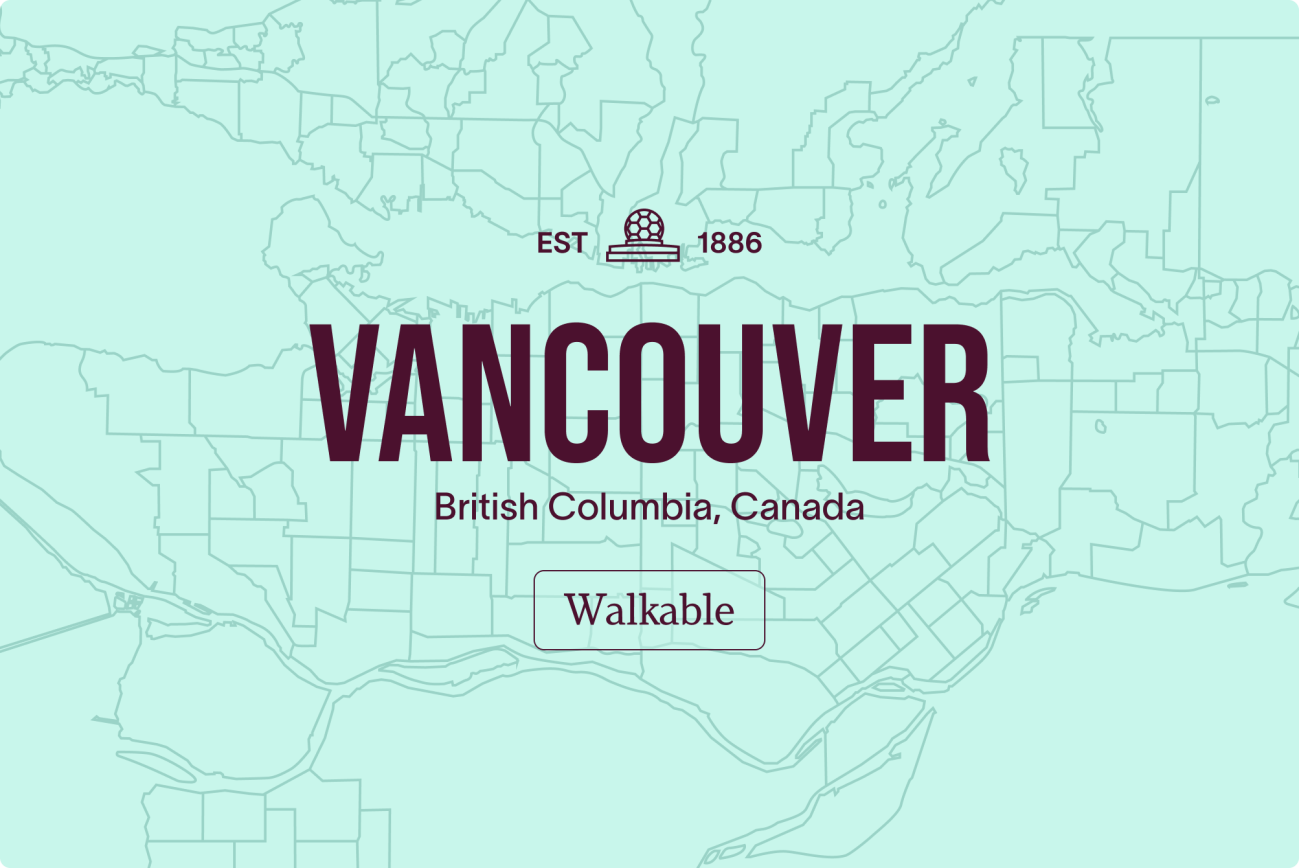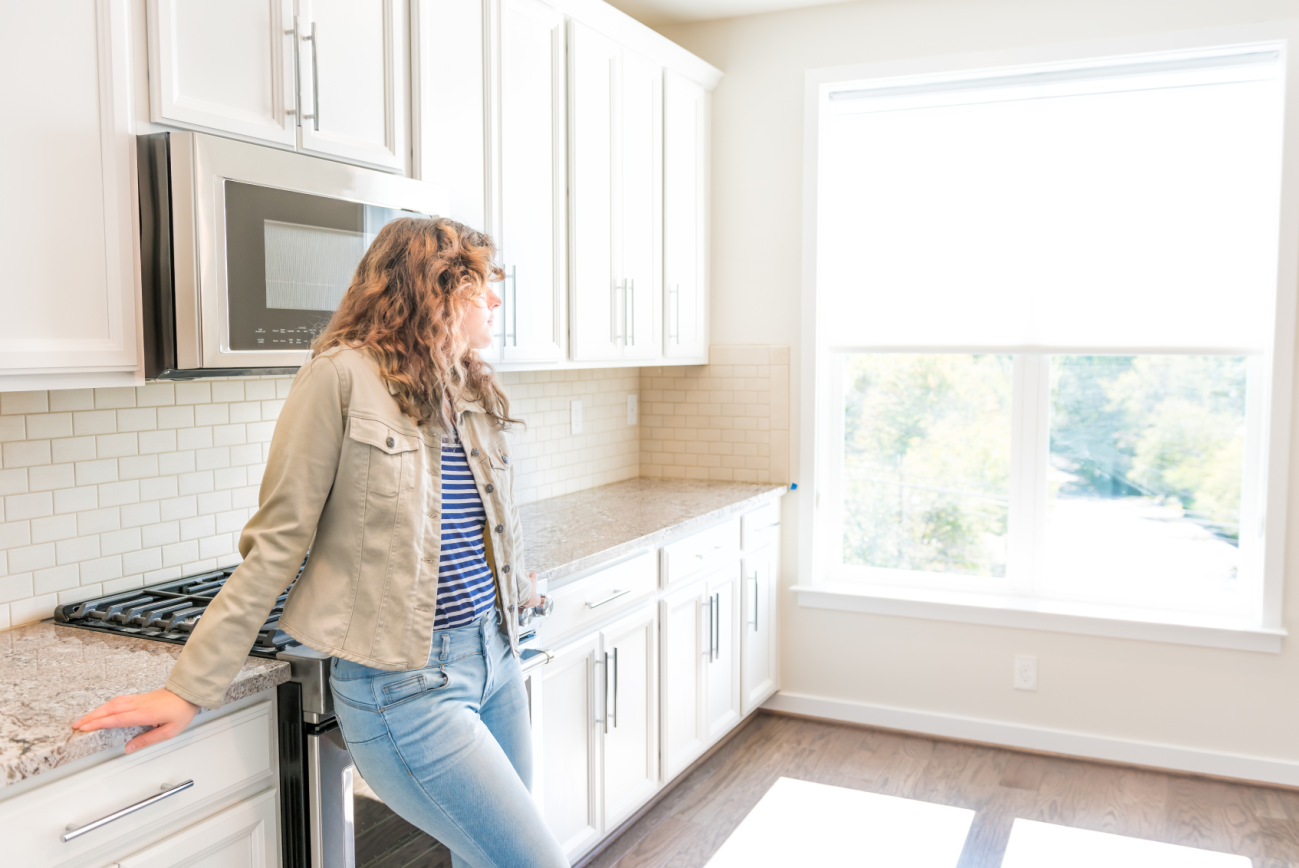Finding a new house is exciting, but making an offer can be intimidating. Understanding the process can help you approach this crucial part of your homebuying journey with confidence.
How does making a real estate offer work?
A real estate offer is a legally binding agreement that’s sent from a prospective buyer to the seller of the property. An offer typically includes an offer price and contingencies like inspection, appraisal, financing, proposed closing date, and other details. Offers usually include a timeline to incentivize sellers to act quickly to claim the offer, and to give both parties time to consider their response once an offer is made or negotiations begin.
What to know before making an offer on a house
Here’s what you need to consider before making an offer on a home.
Review your budget with the home’s price in mind
It’s easy to be impulsive once you’ve found the home you want, especially after a long search. Pause to review costs, including the down payment and estimated monthly costs of the property. If you’re buying a condo or townhouse, get familiar with the fees or homeowners association dues. You’ll also want to verify with your lender that your pre-approval is ready to go. Take time to consider what you’ll do if a bidding war ensues; how high are you willing to go? What are the financial implications of stretching your budget? Setting clear financial boundaries with your agent before you’re in negotiations will help you maintain your limits.
Be ready with a mortgage pre-approval
A pre-approval tells the seller that you’re prepared, financially competent, and serious about moving forward — offering security in knowing that the deal will close. You’ll ideally be pre-approved before you begin looking at houses, since this can help you establish your financial boundaries and optimize your chances at landing the house you want. Having a pre-approval helps you establish how much house you can afford.
Establish your offer and timeline
The money amount of your offer matters, but so do the contingencies attached to the price you name. In some transactions, contingencies like timeline can be a major factor in who the seller decides to sell the property to. Your real estate agent can help you create an offer based on the market you’re in. For example; if you’re making an offer in a hot market on a home that’s just below your maximum price, you might want to make a higher offer with contingencies to make your offer especially appealing.
What happens after I make an offer on a home?
Once you’ve made an offer, you’ll wait for a response and receive one of three communications in reply:
Yes
The seller accepts your offer as is, including any details and contingencies. In this case, the seller will sign the agreement.
No
The seller may decline your offer, ending negotiations. In this case, your search continues.
Negotiation
This is the most common outcome following a reasonable offer; in this case, the seller begins negotiations and counters with a different set of proposals. Negotiation might include a different price, but it may also outline certain contingencies or present a proposed change to the agreement. Negotiations can include multiple rounds of back-and-forth with the buyer and seller with their agents’ support. Along with price negotiations, other conditions may be negotiated; including timeline, contingencies, repairs, renovations, or furnishings and other details.
Tips to make a winning house offer
Work with a trusted real estate agent
Choosing a real estate agent with a knowledge of market value, competitive pricing and home value considerations puts you ahead of the competition by helping you to pitch a reasonable, advantageous offer for the home you want. The right agent will help you put together a written proposal that combines their skill, insight, and knowledge of the market with your personal story and financial resources.
Explain yourself
If you’re making an offer that’s significantly lower than the asking price, including an explanation is important. Your agent might include a comparative market analysis or an analytic description to the buyer, and a personal account from you can appeal to a buyer as well in understanding the context of your offer. Sellers with an emotional attachment to their home might be drawn to a personal story, like a young family or an older couple starting over. In this case, sharing your own personal interest in the home and why it appeals to you might put you above the competition.
Choose your price and terms thoughtfully
In a competitive market, you may need to offer more than the asking price for a home. In high-demand markets, homes can go for hundreds of thousands of dollars over the asking price. If you’re looking to guarantee a sale, offering at least what the buyer is asking for is a good baseline. If you decide to offer a lower price or can’t go above asking in a competitive market, consider other ways to cut through the competition, like offering an easy sale with minimal contingencies.
How much should I offer for a house?
When you’re establishing your offer, the expertise of your real estate agent is your golden ticket. A great agent has strategic tools they use to make a winning offer. Make sure you’ve discussed possibilities beforehand so that your agent understands how competitive, risky, careful you want to be with your offer.
When you’re crafting an offer, compare the home price with similar properties in the neighbourhood. Ask your agent to give you a sense of comparative prices in the area so you can see what homes have sold recently and understand where the home you want lands in comparison. The Houseful home search tool helps navigate and compare pricing.
Navigating homebuying with Houseful
Let Houseful help you navigate the homebuying process to find a home that’s a great fit for you. Feel confident in your options with a tailored search experience based on the features and details you care about most. Our comprehensive experience lets you search for a home that matches your vision.
Let’s find you a home!
Find more information on how to buy a home, how to sell your home, and mortgage and finance tips, see our Home Journey How-To’s or sign up at Houseful.ca.




